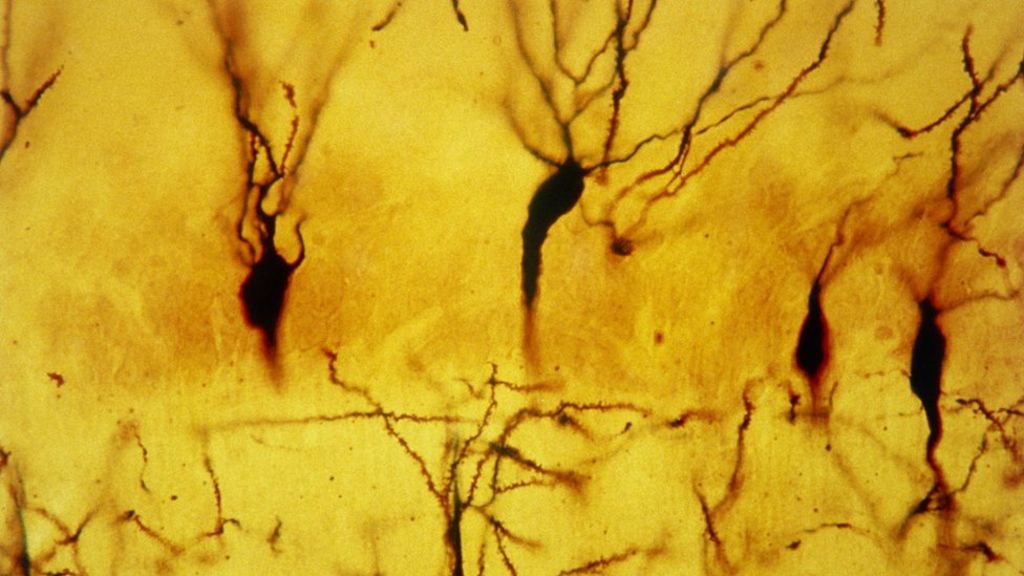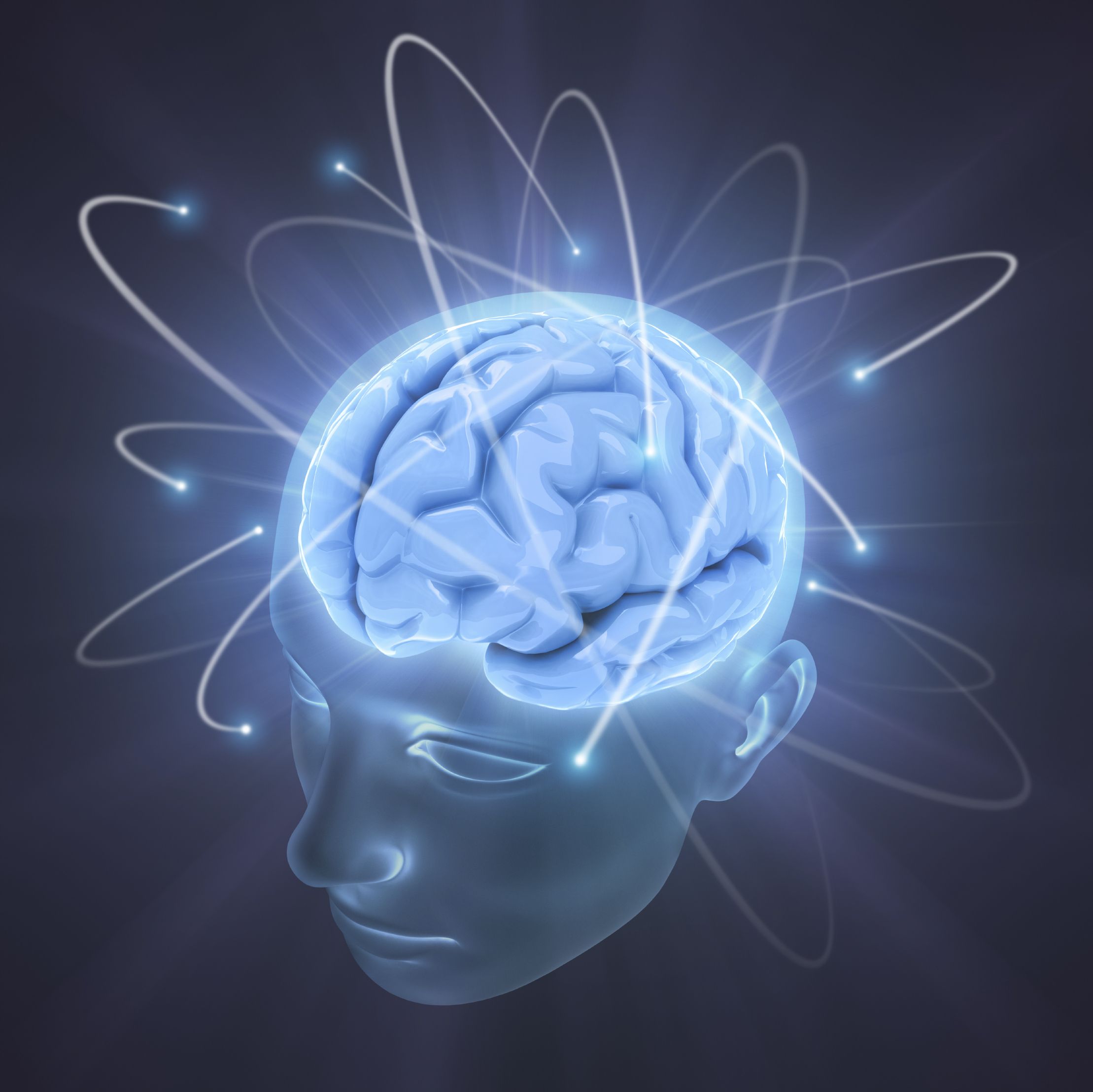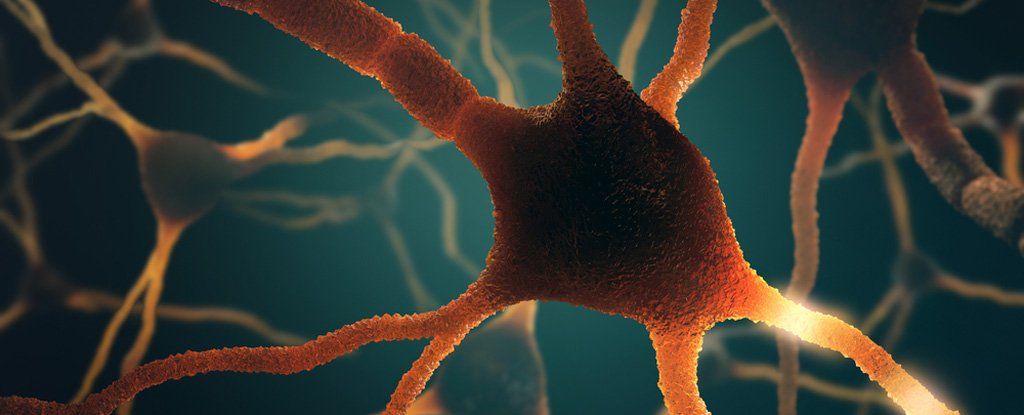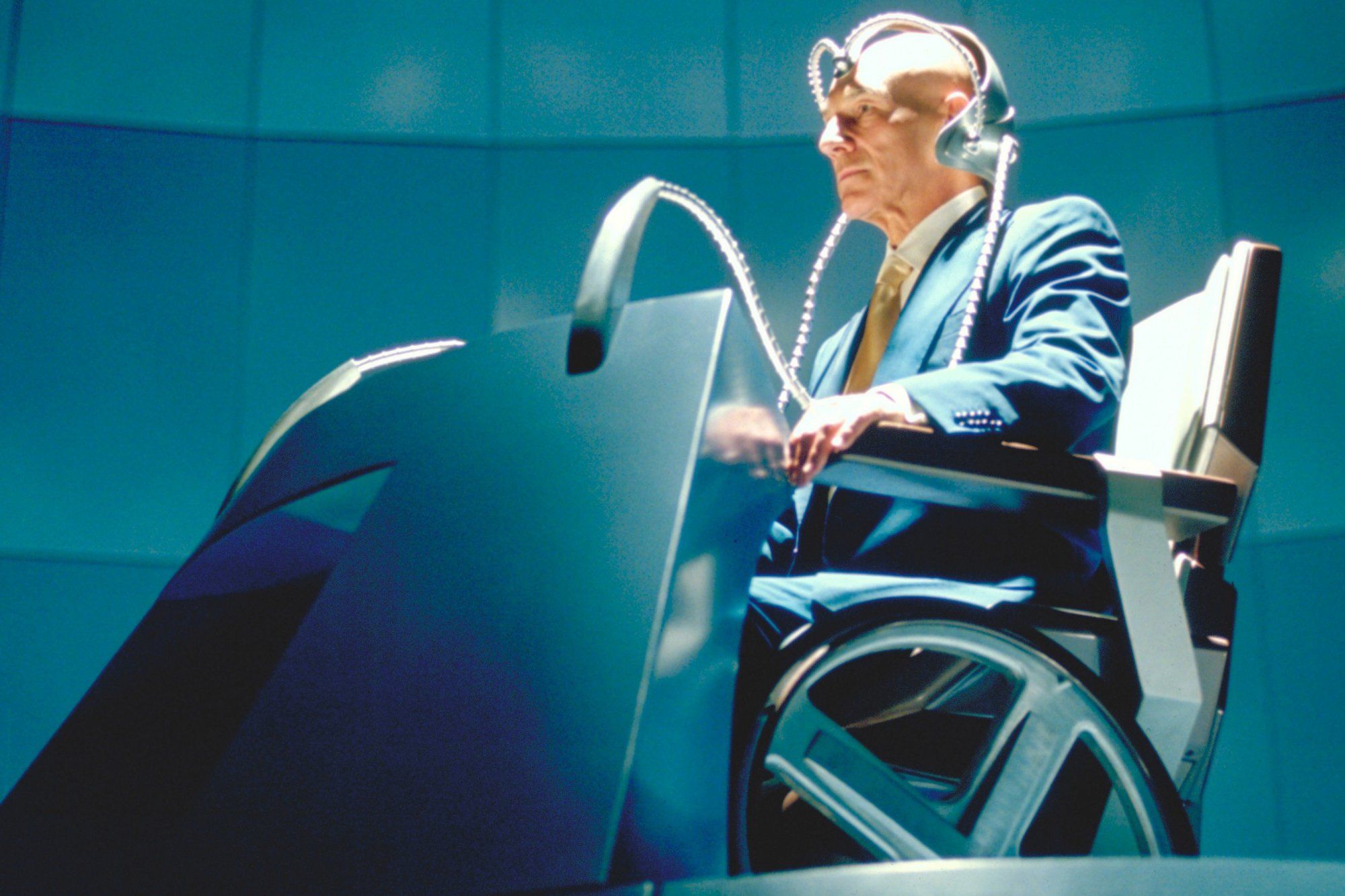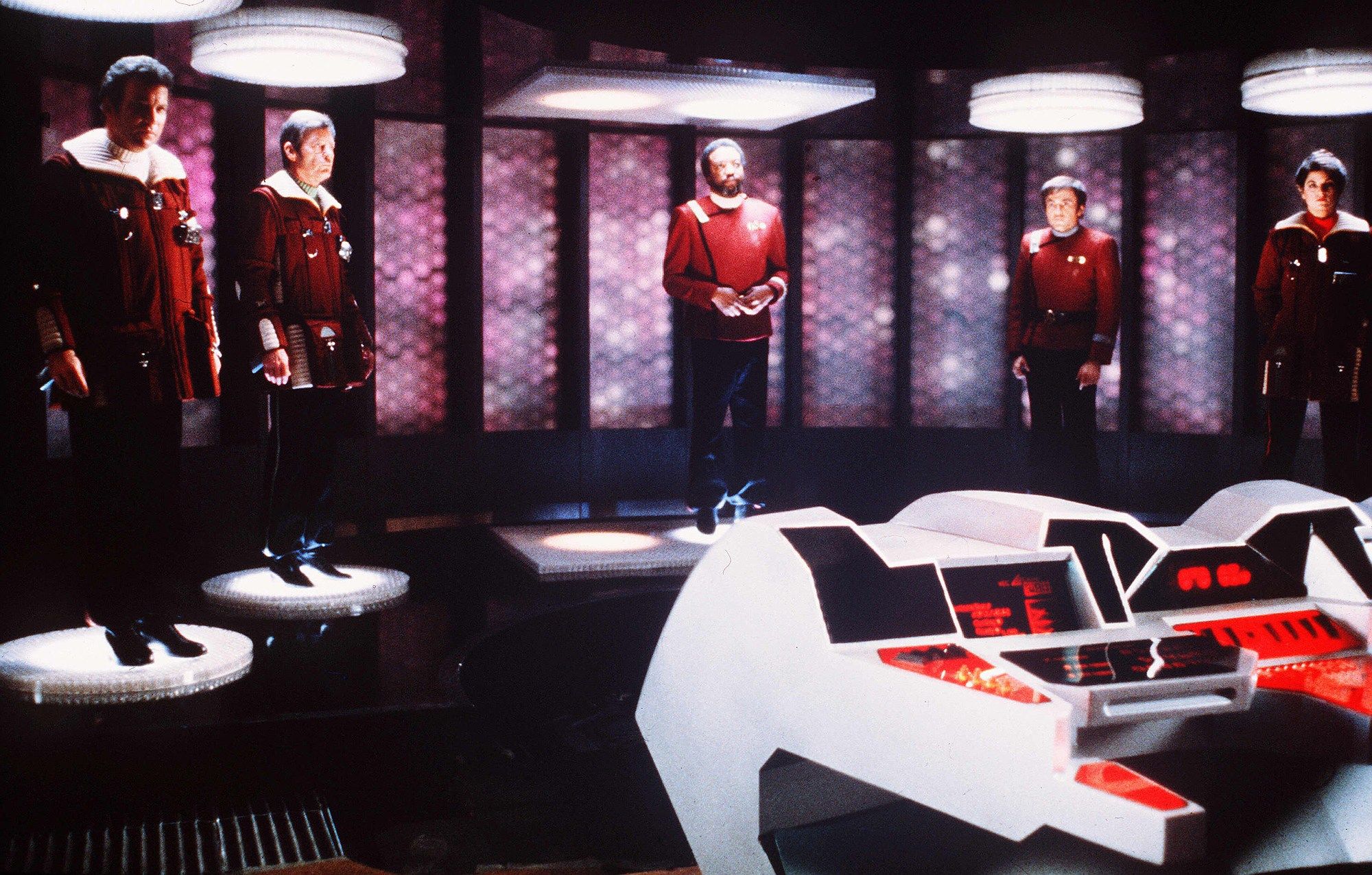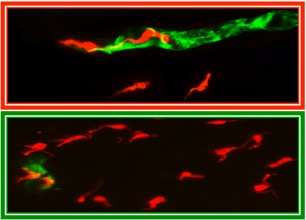Archive for the ‘neuroscience’ category: Page 952
Mar 1, 2016
Common vegetables help your brain defend against depression
Posted by Karen Hurst in categories: food, health, neuroscience
If you have the “blues” eat some “greens”.
You can be in excellent physical shape, with low cholesterol, a healthy body weight and good overall physical fitness — but that doesn’t necessarily mean you’re healthy.
Mar 1, 2016
‘Brain Prize’ for UK research on memory mechanisms
Posted by Karen Hurst in category: neuroscience
Your brain is “Plastic” according to Professor Bliss the receipentant of the UK’s Brain Prize award.
Three British researchers win a one million-euro prize for their work on how memories are stored inside the brain.
Mar 1, 2016
Scott Aaronson On The Relevance Of Quantum Mechanics To Brain Preservation, Uploading, And Identity
Posted by Shailesh Prasad in categories: computing, mathematics, neuroscience, quantum physics
Biography : Scott Aaronson is an Associate Professor of Electrical Engineering and Computer Science at MIT. His research interests center around the capabilities and limits of quantum computers, and computational complexity theory more generally. He also has written about consciousness and personal identity and the relevance of quantum mechanics to these issues.
Michael Cerullo: Thanks for taking the time to talk with me. Given the recent advances in brain preservation, questions of personal identity are moving from merely academic to extremely practical questions. I want to focus on your ideas related to the relevance of quantum mechanics to consciousness and personal identity which are found in your paper “Ghost in the Quantum Turing Machine” ( http://arxiv.org/abs/1306.0159 ), your blog “Could a Quantum Computer Have Subjective Experience?” ( http://www.scottaaronson.com/blog/?p=1951 ), and your book “Quantum Computing since Democritus” ( http://www.scottaaronson.com/democritus/) .
Before we get to your own speculations in this field I want to review some of the prior work of Roger Penrose and Stuart Hameroff ( http://www.quantumconsciousness.org/content/hameroff-penrose…-or-theory ). Let me try to summarize some of the criticism of their work (including some of your own critiques of their theory). Penrose and Hameroff abandon conventional wisdom in neuroscience (i.e. that neurons are the essential computational element in the brain) and instead posit that the microtubules (which conventional neuroscience tell us are involved in nucleic and cell division, organization of intracellular structure, and intracellular transport, as well as ciliary and flagellar motility) are an essential part of the computational structure of the brain. Specifically, they claim the microtubules are quantum computers that grant a person the ability to perform non-computable computations (and Penrose claims these kinds of computations are necessary for things like mathematical understanding). The main critiques of their theory are: it relies on future results in quantum gravity that don’t exist; there is no empirical evidence that microtubules are relevant to the function of the brain; work in quantum decoherence also makes it extremely unlikely that the brain is a quatum computer; even if a brain could somehow compute non-computable functions it isn’t clear what this has to do with consciousness. Would you say these are fair criticisms of their theory and are there any other criticisms you see as relevant?
Feb 29, 2016
The case of the silent synapses: Why are only 20% of synapses active during neurotransmission?
Posted by Sean Brazell in categories: biotech/medical, neuroscience
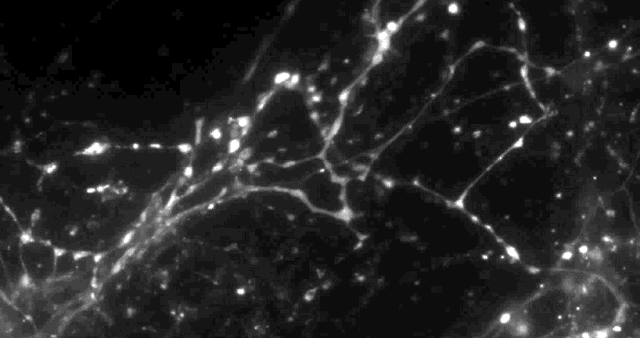
Columbia University scientists recently tested a new optical technique to study how information is transmitted in the brains of mice and made a surprising discovery: When stimulated electrically to release dopamine (a neurotransmitter or chemical released by neurons, or nerve cells, to send signals to other nerve cells), only about 20 percent of synapses — the connections between cells that control brain activity — were active at any given time.
The effect had never been noticed. “Older techniques only revealed what was going on in large groups of synapses,” explained David Sulzer, PhD, professor of neurobiology in Psychiatry, Neurology, and Pharmacology at Columbia University Medical Center (CUMC). “We needed a way to observe the neurotransmitter activity of individual synapses, to help us better understand their intricate behavior.”
Feb 29, 2016
Scientists discover that our brain waves can be sent by electrical fields
Posted by Shailesh Prasad in categories: biotech/medical, neuroscience
Most biology students will be able to tell you that neural signals are sent via mechanisms such as synaptic transmission, gap junctions, and diffusion processes, but a new study suggests there’s another way that our brains transmit information from one place to another.
Researchers in the US have recorded neural spikes travelling too slowly in the brain to be explained by conventional signalling mechanisms. In the absence of other plausible explanations, the scientists believe these brain waves are being transmitted by a weak electrical field, and they’ve been able to detect one of these in mice.
“Researchers have thought that the brain’s endogenous electrical fields are too weak to propagate wave transmission,” said Dominique Durand, a biomedical engineer at Case Western Reserve University. “But it appears the brain may be using the fields to communicate without synaptic transmissions, gap junctions or diffusion.”
Continue reading “Scientists discover that our brain waves can be sent by electrical fields” »
Feb 28, 2016
Headphones that get you high on dopamine are tipped to go on sale next month
Posted by Karen Hurst in categories: media & arts, neuroscience
Headphones that stimulate the release of dopamine in your brain and reportedly make you feel high as hell have been invented by Florida-based tech company, Nervana, and are set to go on sale as early as next month.
The headphones will pump music into your ears as normal, but at the same time, an integrated device will deliver a low-power electrical signal through your ear canal to stimulate the Vagus nerve — a nerve that runs from the brainstem to the abdomen and plays a role in the release of dopamine, a neurotransmitter that helps control the brain’s reward and pleasure centres.
“I felt the electricity go into my arm, and everything was tingling there, but the best moment for me was afterwards when I finished and stood up,” journalist Amanda Gutterman writes for Futurism.
Continue reading “Headphones that get you high on dopamine are tipped to go on sale next month” »
Feb 26, 2016
Pentagon Research Could Make ‘Brain Modem’ a Reality
Posted by Karen Hurst in categories: military, neuroscience
The tiny injectable machine could turn your noodle into a remote control.
The Pentagon is attempting what was, until recently, an impossible technological feat—developing a high-bandwidth neural interface that would allow people to beam data from their minds to external devices and back.
That’s right—a brain modem. One that could allow a soldier to, for example, control a drone with his mind.
Continue reading “Pentagon Research Could Make ‘Brain Modem’ a Reality” »
Feb 25, 2016
Beam Me Up, Scotty? Turns Out Your Brain Is Ready for Teleportation
Posted by Karen Hurst in categories: entertainment, neuroscience
People who play video games are geared (at least their brain is) for teleporting.
UC Davis researchers found that when people experienced virtual teleportation, their brains still managed to keep them on course.
Feb 25, 2016
Nitric oxide protects against parasite invasion and brain inflammation
Posted by Karen Hurst in categories: biotech/medical, neuroscience
African trypanosomiasis is called ‘sleeping sickness’ because when the infection is untreated, trypanosome parasites will invade the brain and cause disruption of sleeping patterns and irreversible neurological damage. A study published on February 25th in PLOS Pathogens reports that in a mouse model of trypanosome disease, nitric oxide (NO) plays an unexpected role in preserving the integrity of the blood brain barrier (BBB), thereby reducing parasite invasion into the brain, and likely limiting neurological damage.
NO is generally thought to be a pro-inflammatory signal, promoting a strong immune response against pathogens. The resulting inflammation is a mixed blessing: on one hand, it helps to control potentially dangerous pathogens, but on the other, it can cause “collateral damage” to the inflamed tissue.
Martin Rottenberg and colleagues, from the Karolinska Institute in Stockholm, Sweden, are interested in how trypanosome parasites cause disease and in the host immune defense against them. In this study, they examine the role of NO in a mouse model of trypanosomiasis, with a focus on how the parasites manage to get through the so-called blood brain barrier (BBB), the border surrounding the mammalian brain that is normally impenetrable to foreign intruders as well as most host cells.
Continue reading “Nitric oxide protects against parasite invasion and brain inflammation” »


